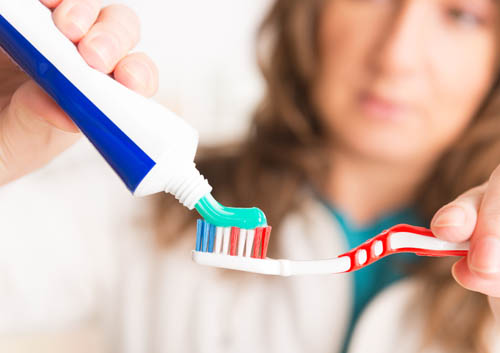
If you’ve noticed that your teeth have appeared to be longer, you may be suffering from gum recession. This is a common problem among adults, and can result from several factors. If gum recession seems to be happening in your mouth, schedule an appointment at our Green Bay, WI office. We will take a look and figure out the cause, and help you decide on the best treatment.
The first thing Dr. Kirk Fishbaugh will do is take measurements of the recession to see if the cause could be periodontal disease. Based on how much attached gingiva is present on the gums, a varying amount of gum recession will be present.
The less bone support you have for your teeth, the higher the chance of tooth loss will be. If you have a high likelihood of tooth loss, it’s critical to address the problem right away.
Gum recession can also be caused by stress-related issues that lead to jaw clenching and teeth grinding in the night. This added, ongoing pressure puts extra stress on your teeth, which flexes them at the gum line.
If this happens over a long period, microscopic breaks in your enamel will cause your gum line to move away from your teeth. An occlusal guard may serve as a solution to gum recession caused by teeth grinding. Talk to Dr. Kirk Fishbaugh about this option if you consistently wake up with jaw pain, headaches, or uncomfortable pressure on the sides of your face.
The way you brush and floss your teeth may also cause gum recession. If you’re an aggressive brusher, make sure to purchase toothbrushes labeled “soft.” It’s best to brush your teeth in a circular motion in order to sweep over all your gum lines and remove the most plaque. Generally, brushing in a straight line can leave spots of plaque that lead to periodontal disease, which is a common cause of gum recession.
There are several options for treatment of gum recession. Depending on the cause, Dr. Kirk Fishbaugh will talk with you to decide the best treatment plan. Care may involve a deep cleaning or an antibiotic treatment. In serious cases, treatment might involve pocket-depth reduction, a soft tissue draft, or gum regeneration surgery.
These are just a few of the many potential causes of gum recession and how we can treat the problem. Unfortunately, gums do not grow back, and the consequences of ignoring this condition can be painful and time-consuming.
Please call our Green Bay, WI office to schedule an appointment if you’ve noticed any elongating of your teeth or recurring irritation of the gums. We will work as hard as possible to help rid you of your gum recession and prevent it from getting worse in the future.



